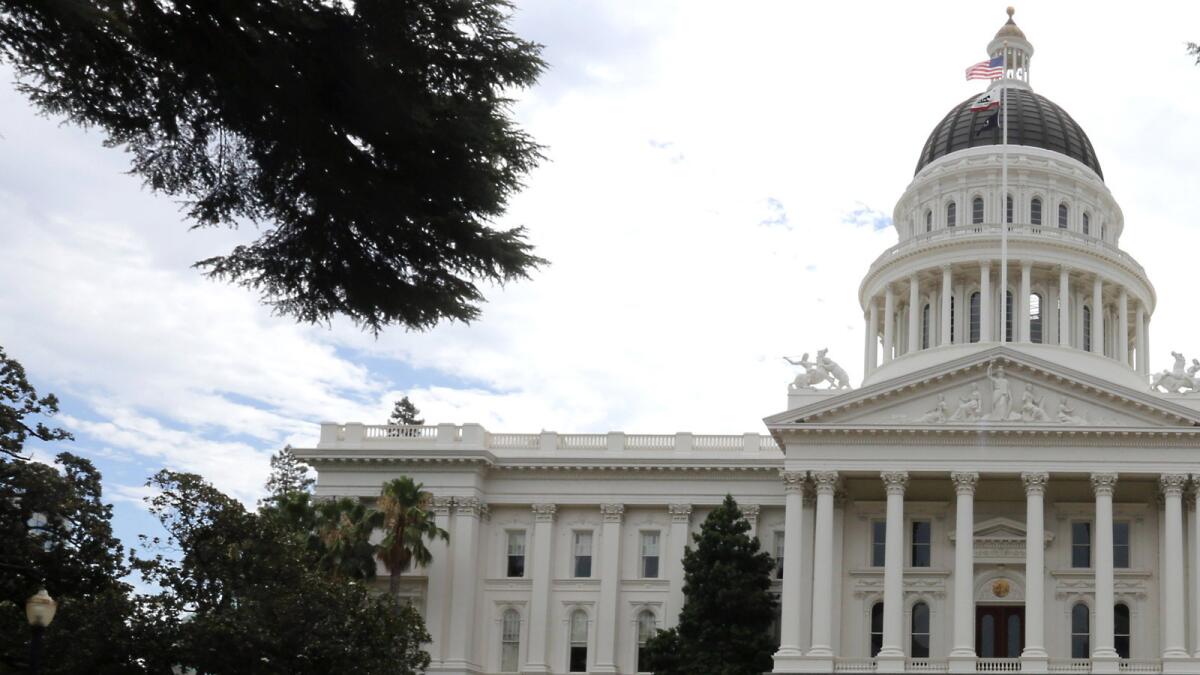Lawmakers address California’s deeply fragmented mental health system

Advocates and mental health practitioners say that California’s approach to mental health — and particularly to involuntary treatment — is deeply fragmented across its 58 counties.
Lawmakers are trying to address the inconsistency of policies and approaches, but activist groups often disagree about the appropriate balance between protecting patients’ civil liberties and forcing treatment on people who may be in danger or pose a danger to others because of severe mental illness.
Several bills working their way through the state Legislature aim to address the state’s involuntary treatment system:
•AB 59: Would streamline the process for counties to implement Laura’s Law — which allows for court-ordered outpatient treatment for people with severe mental illness — in hopes of encouraging more counties to opt in.
•AB 1193: Would require counties to implement Laura’s Law unless county supervisors vote to opt out. Under the current system, each county’s Board of Supervisors has discretion over whether to implement the law. It would also extend the current January 2017 sunset date of Laura’s Law to 2022.
•AB 1194: Would require police officers and other authorities to consider a person’s history — not just current actions — when deciding whether to take the person into custody on a forced 72-hour psychiatric hold.
•AB 1300: Would make changes to standardize the 72-hour hold process and ease the transfer of psychiatric patients, including allowing counties to appoint liaisons to help move patients from emergency rooms to psychiatric facilities, and facilitating transportation of patients between counties.
At the federal level, a pair of competing bills attempting to overhaul aspects of the mental health system failed to advance last year. The author of one of them, Rep. Tim Murphy (R-Penn.), said he plans to reintroduce a similar bill in the House this spring, with Sen. Chris Murphy (D-Conn.) introducing a companion bill in the Senate.
Tim Murphy’s proposal would overhaul many aspects of the federal mental health system, including rolling back restrictions on Medicaid payments for psychiatric hospitalization; giving family members and caregivers more access to information to adult patients’ medical information, currently protected under privacy laws; and requiring states to authorize assisted outpatient programs similar to Laura’s Law in order to receive grant money for community mental health programs.
On a trip to California to stump for the bill, Tim Murphy met the Hernandez family and heard their story.
“It’s a sad and frustrating story, unfortunately repeated … around the country,” he said in an interview.
More to Read
Sign up for Essential California
The most important California stories and recommendations in your inbox every morning.
You may occasionally receive promotional content from the Los Angeles Times.











